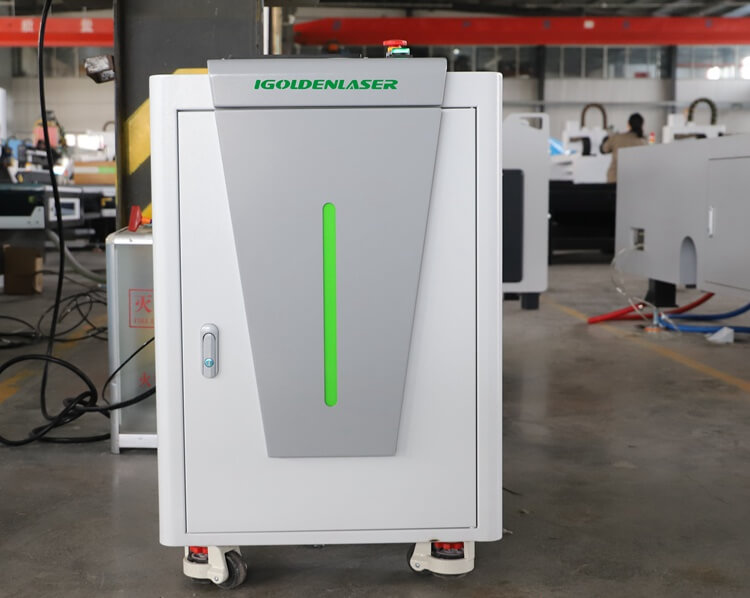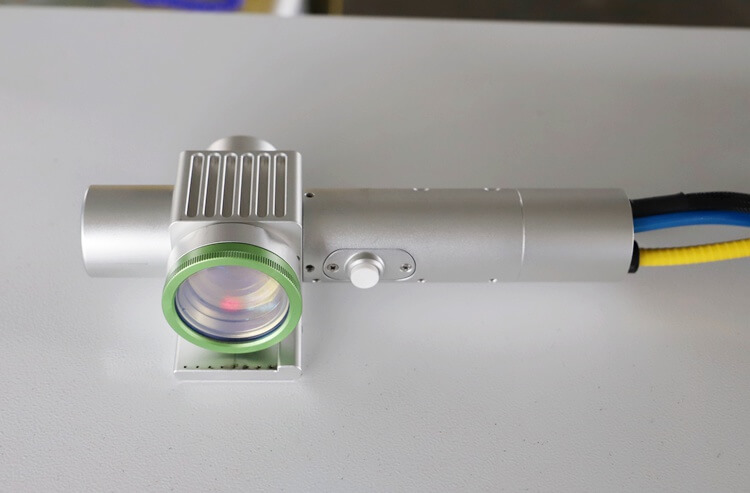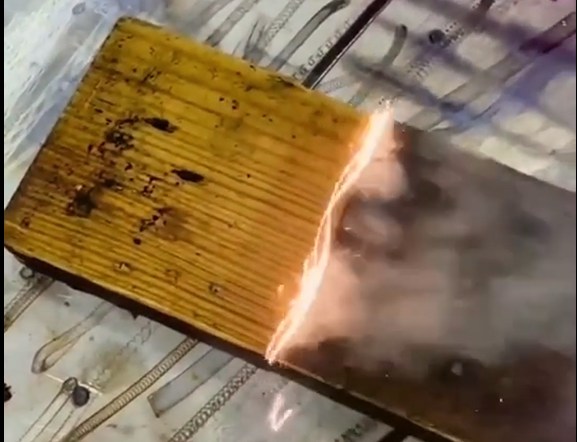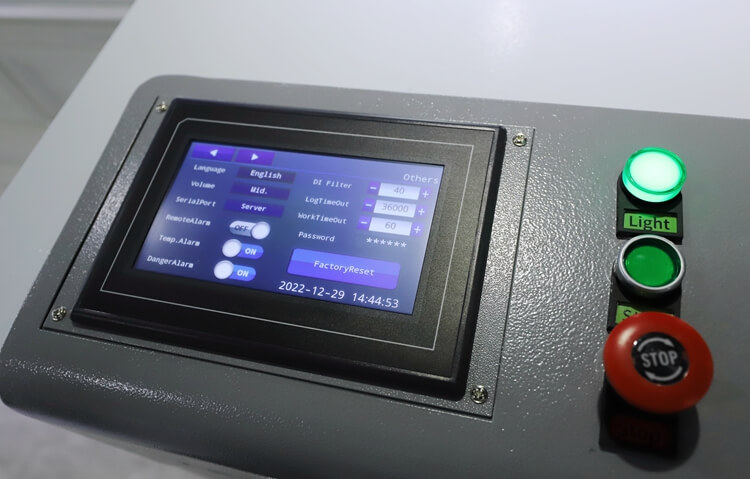In the realm of wood restoration and maintenance, the advent of the pulse laser cleaning machine has revolutionized the industry. This cutting-edge technology offers an efficient, precise, and eco-friendly solution for cleaning and restoring wooden surfaces. In this comprehensive guide, we will delve into the intricacies of pulse laser cleaning machines, exploring their benefits, applications, and the science behind their operation.
Pulse Laser Cleaning Machine for Wood
A pulse laser cleaning machine utilizes high-intensity laser pulses to remove contaminants, coatings, and residues from surfaces. Unlike traditional cleaning methods, this technology is non-abrasive and does not involve chemicals, making it an ideal choice for delicate materials such as wood.

The machine emits short bursts of laser energy, which are absorbed by the contaminants on the wood surface. This absorption causes the contaminants to vaporize or disintegrate, leaving the underlying wood intact and pristine. The process is highly controlled, ensuring minimal damage to the wood.
Laser-Material Interaction
The effectiveness of pulse laser cleaning lies in the interaction between the laser and the material. When the laser pulse hits the surface, it is absorbed by the contaminants, causing them to rapidly heat up and vaporize. The underlying wood, which has a different absorption rate, remains unaffected.


Parameters and Settings
The success of the cleaning process depends on various parameters, including laser wavelength, pulse duration, and energy density. These settings can be adjusted based on the type of wood and the nature of the contaminants, ensuring optimal results.

How Pulse Laser Cleaning Machines Work
- Laser Pulses: The machine emits high-frequency laser pulses that target the surface layer of the material.
- Absorption and Vaporization: The contaminants or unwanted layers absorb the laser energy, which causes them to vaporize or be blown away by the resulting shockwave.
- Selective Cleaning: The laser can be adjusted to ensure it only affects the contaminants, preserving the underlying wood.
Applications of Pulse Laser Cleaning Machines in Wood Restoration
Antique Furniture Restoration
Antique furniture requires delicate handling to preserve its historical value. Pulse laser cleaning machines provide a non-invasive method to remove dirt and old finishes, revealing the original beauty of the wood.
Wooden Artifacts and Sculptures
Museums and galleries often use pulse laser cleaning machines to maintain and restore wooden artifacts and sculptures. The precision of the laser ensures that intricate details are preserved while removing unwanted residues.
Flooring and Paneling
For large-scale projects such as flooring and paneling, pulse laser cleaning machines offer a quick and effective solution. They can strip old finishes and stains, preparing the wood for refinishing without causing damage.
Benefits of Using Pulse Laser Cleaning Machines for Wood
Precision and Control
One of the standout features of pulse laser cleaning machines is their precision. The laser can be finely tuned to target specific areas, allowing for meticulous cleaning without affecting the surrounding material. This level of control is particularly beneficial for intricate woodwork and antique furniture.
Eco-Friendly
Traditional cleaning methods often involve harsh chemicals that can be harmful to both the environment and human health. Pulse laser cleaning, on the other hand, is a green technology. It does not produce hazardous waste or emissions, making it a sustainable choice for wood restoration.
Versatility
Pulse laser cleaning machines are versatile and can be used on a variety of wooden surfaces, from furniture and flooring to historical artifacts and sculptures. This adaptability makes them a valuable tool in both commercial and residential settings.
Efficiency
The speed and efficiency of pulse laser cleaning machines are unmatched. They can quickly remove layers of dirt, paint, or varnish, significantly reducing the time and labor required for restoration projects.
Discussion (0)
There are no comments for this doc yet.